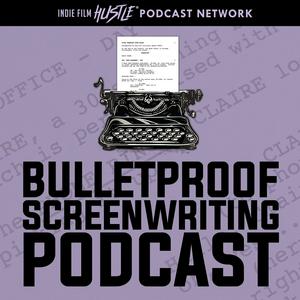On today’s episode, we meet David Ash, a filmmaker who perfectly embodies the spirit of the weekend warrior — balancing a demanding corporate career, a family of four, and a thriving passion for filmmaking. Living in the Twin Cities, Ash proves that a creative life doesn’t have to mean abandoning stability. With a degree in business administration and a full-time job as a treasury director, he still finds time to write, shoot, and direct independent films fueled by sheer willpower and resourcefulness.
His journey began after a screenwriting contest brought him to Los Angeles, where he realized Hollywood wasn’t going to make his stories — so he decided to make them himself. From there, he dove into every filmmaking class he could find, learned the craft from the ground up, and began creating short films that would eventually lead to his first feature.
His early projects, including the $800 mockumentary Love: A Documentary, showcased his ability to stretch every dollar while maintaining a sharp creative vision. As his filmmaking matured, Ash produced Twin Cities, a powerful drama exploring identity, duality, and personal transformation. Balancing his corporate life and creative drive, he continues to inspire other aspiring filmmakers to stop waiting for permission and simply start creating. His message is simple but profound: you don’t need Hollywood money or endless free time to make films — you just need passion, persistence, and the courage to begin.
Become a supporter of this podcast: https://www.spreaker.com/podcast/bulletproof-screenwriting-podcast--2881148/support.


